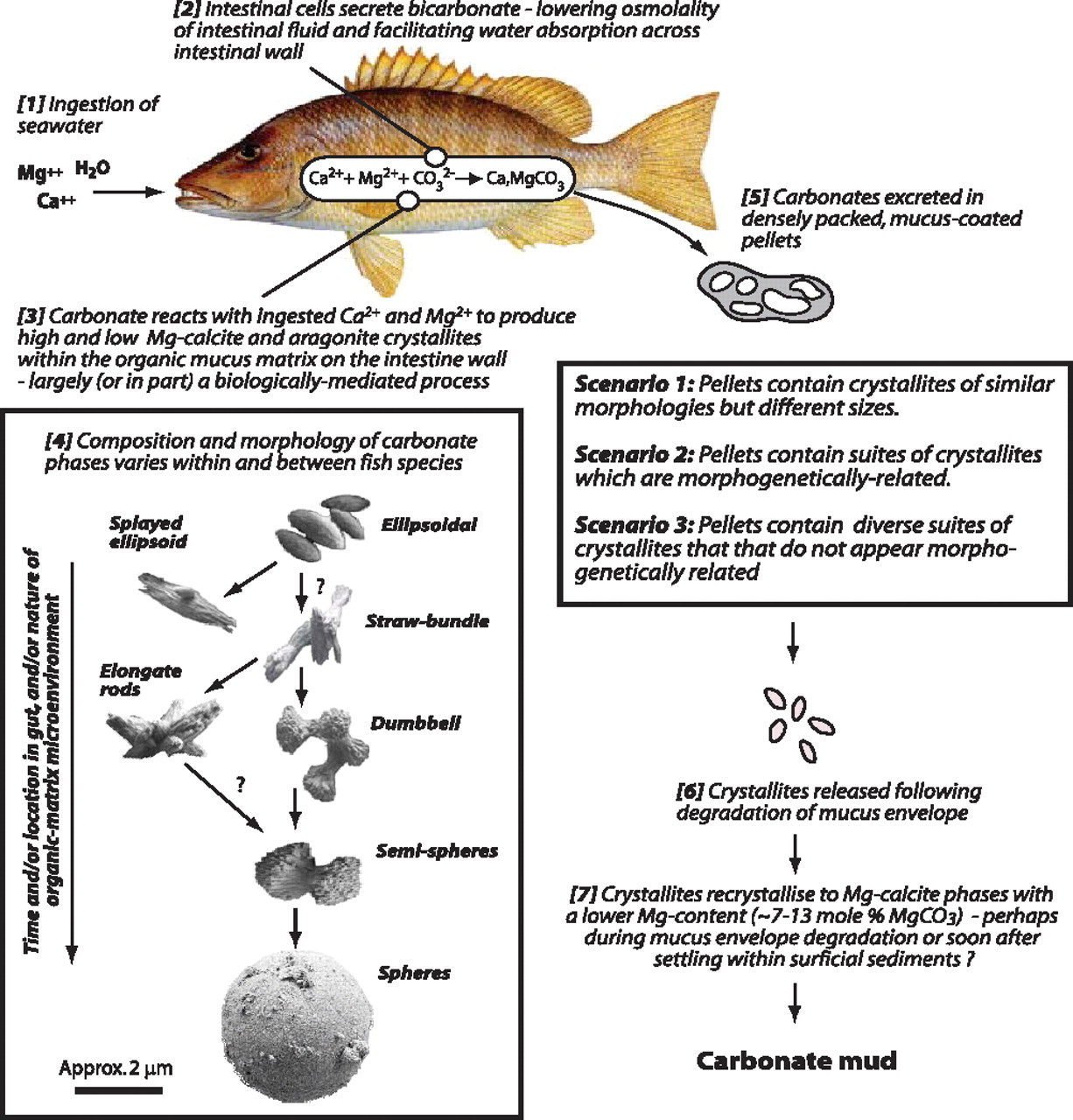If / when the @ thread is started so we can all reach consistent opinion on states of risk and waste in reefing, I think an ideal title to attract five jobs a day for five years will be:
How to manage sandbeds in all aspects of reefing without rinsing.
How to manage sandbeds in all aspects of reefing without rinsing.
Last edited:



















